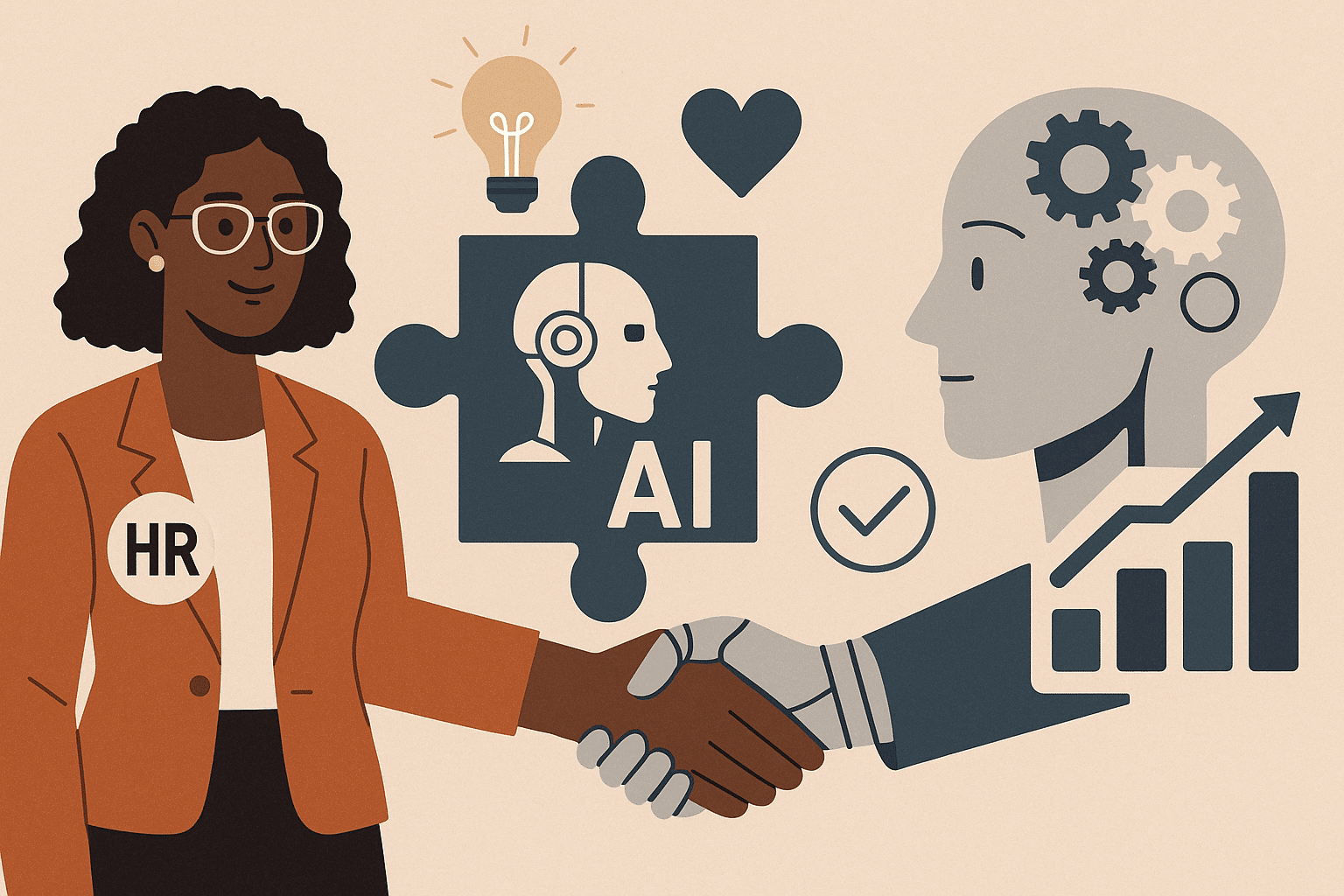
Managing conflicts within teams is a major challenge for human resources. With the growing introduction of artificial intelligence (AI) in the workplace, soft skills play a key role in maintaining harmonious relationships and resolving disputes.
While AI can automate certain tasks related to conflict management, it cannot replace essential human skills like empathy, communication, and stress management. Together, AI and soft skills create an effective balance for optimized conflict resolution.
The importance of soft Sskills in conflict management
Soft skills, also known as interpersonal skills, are essential for understanding the emotional and social dynamics that underlie conflicts.
Skills like emotional intelligence, active listening, and problem-solving allow managers and employees to better handle disagreements, avoid unnecessary tension, and promote a positive corporate culture.
A LinkedIn study reveals that 91% of HR leaders believe soft skills, particularly conflict management, are essential in an automated work environment.
The role of AI in conflict management
Although AI cannot manage conflicts on its own, it can greatly assist HR teams and managers in identifying and anticipating conflicts before they escalate.
For example, AI-based sentiment analysis tools can analyze internal communications, detect signs of stress or disagreement, and alert managers before tensions become problematic.
AI can help monitor communication trends and suggest personalized approaches to defuse conflict situations. However, for these solutions to be effective, they must be combined with human skills that enable sensitive and empathetic intervention.
Soft Skills and AI: How to combine the two for effective conflict management
Using AI data for proactive management
Through data analysis and AI tools, managers can gain valuable insights into team dynamics and potential friction points.
For instance, an AI system can monitor employee satisfaction levels and identify early signs of emerging conflicts, such as drops in productivity or changes in social interactions.
However, it is the communication and emotional management of managers that will effectively diffuse these situations. AI can signal a problem, but it’s up to leaders to show empathy and encourage constructive dialogue.
Enhancing emotional intelligence with AI
Emotional intelligence is essential for resolving conflicts, including the ability to recognize and manage one’s own emotions and those of others. In a context where teams are geographically dispersed or working remotely, AI tools can analyze interactions on digital platforms (like Slack or Teams) to detect negative emotions or underlying tensions.
AI can serve as a monitoring and analysis tool, but resolving conflicts still requires human intervention to ease tensions and restore trust within teams.
Training employees for ethical use of AI in conflict management
The integration of AI into conflict management must be accompanied by training in soft skills. Employees need to understand how to use AI-generated insights ethically, without invading privacy or manipulating data.
This includes respecting data confidentiality rules, in compliance with regulations like GDPR in Europe.
The benefits of a winning duo: Soft Skills and AI
The real strength lies in the complementarity of soft skills and AI. While AI excels in data analysis, identifying behavioral patterns, and predicting conflicts, soft skills provide a human and empathetic response.
Combining the two enables HR teams to:
- Anticipate conflicts through data analysis,
- Proactively intervene using emotional intelligence,
- Ensure ethical and transparent data management,
- Strengthen team cohesion by facilitating communication and collaboration.
Conclusion
Managing conflicts in the modern workplace requires a combination of technological tools like AI and essential human skills like emotional intelligence and communication.
Together, these two forces create a framework where conflicts can be anticipated and resolved effectively and ethically.
By investing in soft skills while integrating AI, companies can not only improve their performance but also enhance employee satisfaction and well-being.


